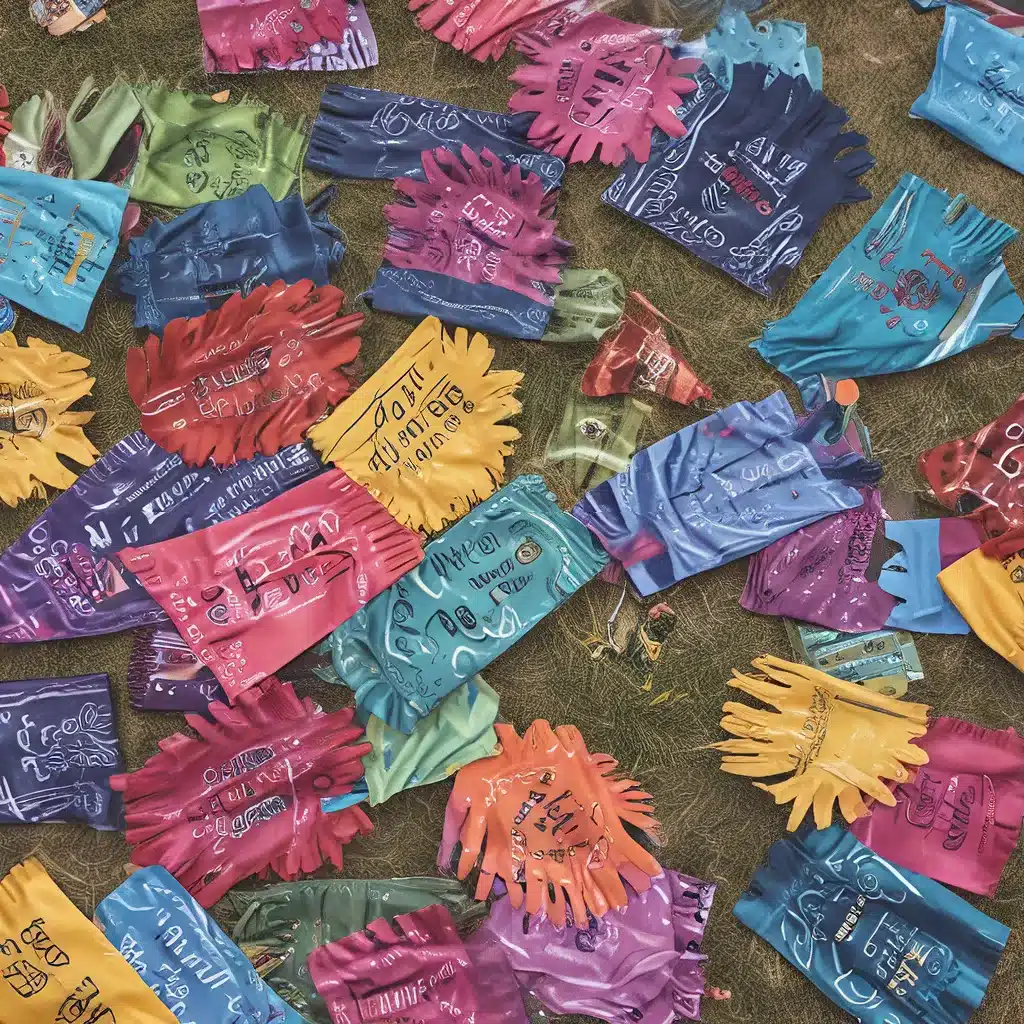As a seasoned traveler, I’ve had the privilege of experiencing some of the world’s most captivating festivals and events. From the vibrant colors and music of Holi in India to the electrifying atmosphere of Burning Man in the United States, each celebration is a unique testament to the diverse cultures and traditions that shape our global community. But with all the excitement and revelry, there’s one crucial aspect that often gets overlooked: the importance of cleaning and maintaining these incredible spaces.
Lessons from AfrikaBurn: The Art of Radical Self-Reliance
One of the most eye-opening festival experiences I’ve had was attending AfrikaBurn, the South African version of the renowned Burning Man event. As I navigated the dusty, rugged terrain of the Tankwa Karoo National Park, I was struck by the community’s unwavering commitment to the principles of self-reliance and environmental responsibility.
AfrikaBurn is not your typical music festival; it’s a radical experiment in communal living, where every participant is responsible for bringing in and taking out everything they need. There are no vendors, no stands, and no items for sale – it’s a true gift economy where people exchange random acts of kindness, from back rubs to ice cream cones.
This ethos of self-reliance extends to the cleanliness and upkeep of the event site. AfrikaBurn is held in a national park, and the organizers are dedicated to maintaining the area’s natural beauty. Participants are expected to pack out every scrap of trash and waste they generate, ensuring that the Tankwa Karoo remains pristine for generations to come.
Cleaning Hacks from the Holi Festival in India
While AfrikaBurn showcases the power of radical self-reliance, the Holi Festival in India offers a different perspective on festival cleaning. This vibrant celebration of color and community is known for its mesmerizing displays of vibrant powders and water balloons, but the aftermath can be a logistics nightmare.
Holi revelers often find themselves covered in a rainbow of pigments, which can be a challenge to remove from skin, clothing, and even hair. Local experts have developed a range of clever cleaning tips to help partygoers get back to their normal selves after the festivities.
One of the most effective methods is to use coconut oil as a pre-treatment before the event. Massaging the oil into exposed skin and hair creates a protective barrier that makes the pigments easier to wash off later. Another trick is to have a designated change of clothes on hand, so you can swap out of your colorful attire and into something clean before heading home.
Harnessing the Power of Community: The Burning Man Ethos
While AfrikaBurn and Holi offer unique perspectives on festival cleaning, the Burning Man community has taken the concept to a whole new level. This iconic event, held annually in the Nevada desert, is renowned for its immersive art installations, transformative experiences, and unwavering commitment to sustainability.
At the heart of the Burning Man ethos is the principle of Leave No Trace, which requires participants to clean up after themselves and leave the event site in the same (or better) condition than when they arrived. This means carefully packing out every scrap of waste, including organic materials like food scraps and biodegradable items.
To facilitate this process, the Burning Man organizers provide comprehensive waste management and recycling services, as well as educational resources to help participants understand their environmental impact. They also encourage the use of reusable or compostable tableware and containers, reducing the amount of single-use plastic that ends up in the desert.
Celebrating Sustainability: Cleaning Tips from Around the World
As I’ve traveled the globe and experienced these incredible festivals, I’ve come to appreciate the diverse approaches to cleaning and maintaining event spaces. From the radical self-reliance of AfrikaBurn to the community-driven efforts of Burning Man, each event offers valuable lessons that can be applied to festivals and celebrations worldwide.
One of the key takeaways is the importance of education and awareness. By providing participants with clear guidelines and resources, event organizers can empower people to take an active role in keeping their shared spaces clean and sustainable. This might include offering waste sorting stations, composting facilities, or even incentives for those who go the extra mile in their cleaning efforts.
Another crucial element is the lead-by-example approach. When event organizers and influencers demonstrate their commitment to cleaning and sustainability, it can inspire the wider community to follow suit. This could involve showcasing innovative cleaning techniques, highlighting eco-friendly vendors, or recognizing outstanding efforts in waste management.
Bringing It Home: Applying Festival Cleaning Lessons to Your Life
As we’ve explored the cleaning wisdom of festivals around the world, it’s important to remember that these principles can be applied to our everyday lives as well. Whether you’re hosting a backyard barbecue or planning a large-scale community event, the lessons of radical self-reliance, community cooperation, and environmental responsibility can help create a cleaner, more sustainable future.
One simple way to start is by incorporating reusable and compostable items into your event planning. Adam Cleaning Services offers a range of eco-friendly cleaning products and solutions that can help you reduce waste and minimize your environmental impact. From biodegradable tableware to refillable cleaning supplies, there are plenty of options to make your events more sustainable.
Additionally, engaging your community and promoting a culture of cleanliness can be incredibly powerful. By leading by example and encouraging others to take ownership of their shared spaces, you can inspire a ripple effect of positive change that extends far beyond the boundaries of any single event.
So, the next time you find yourself immersed in the vibrant energy of a festival, take a moment to appreciate the unsung heroes – the cleaning crews, the waste management teams, and the dedicated participants who work tirelessly to keep these incredible spaces sparkling. Their efforts are a testament to the power of community, sustainability, and the transformative potential of cleaning.







